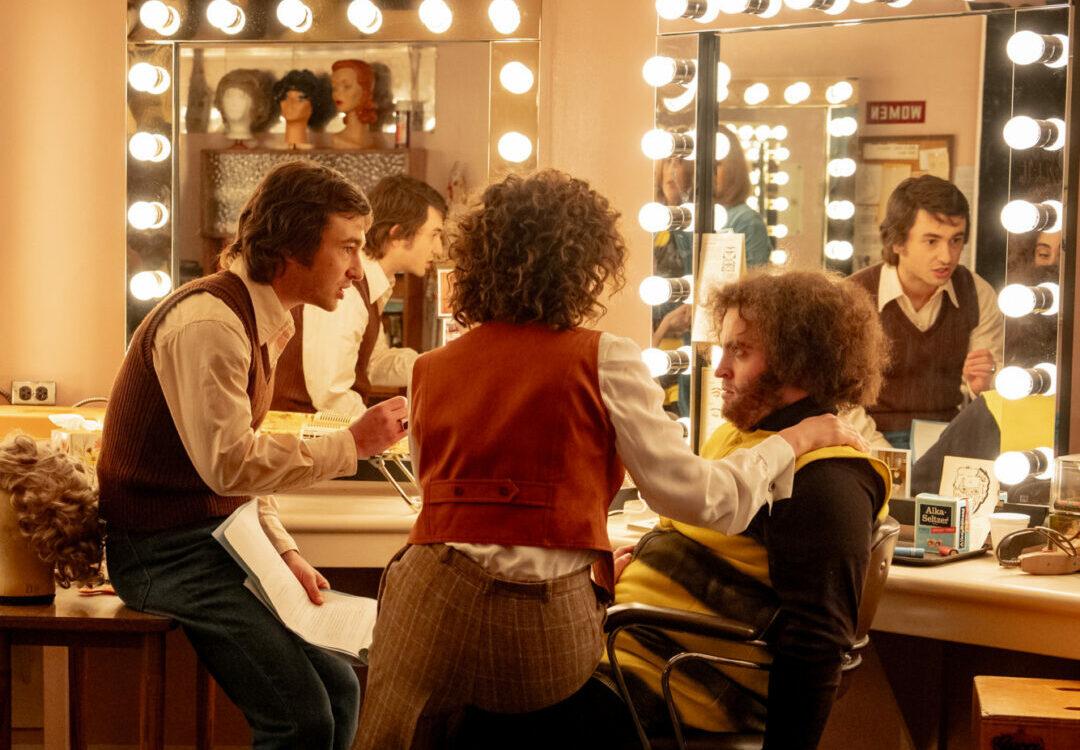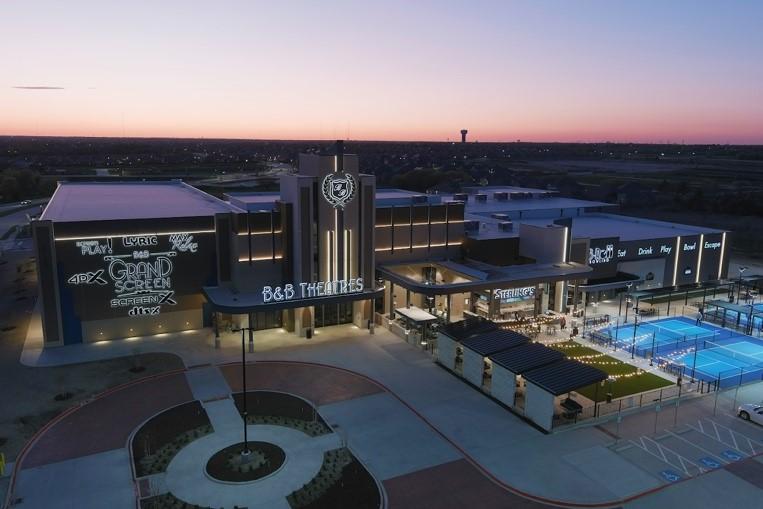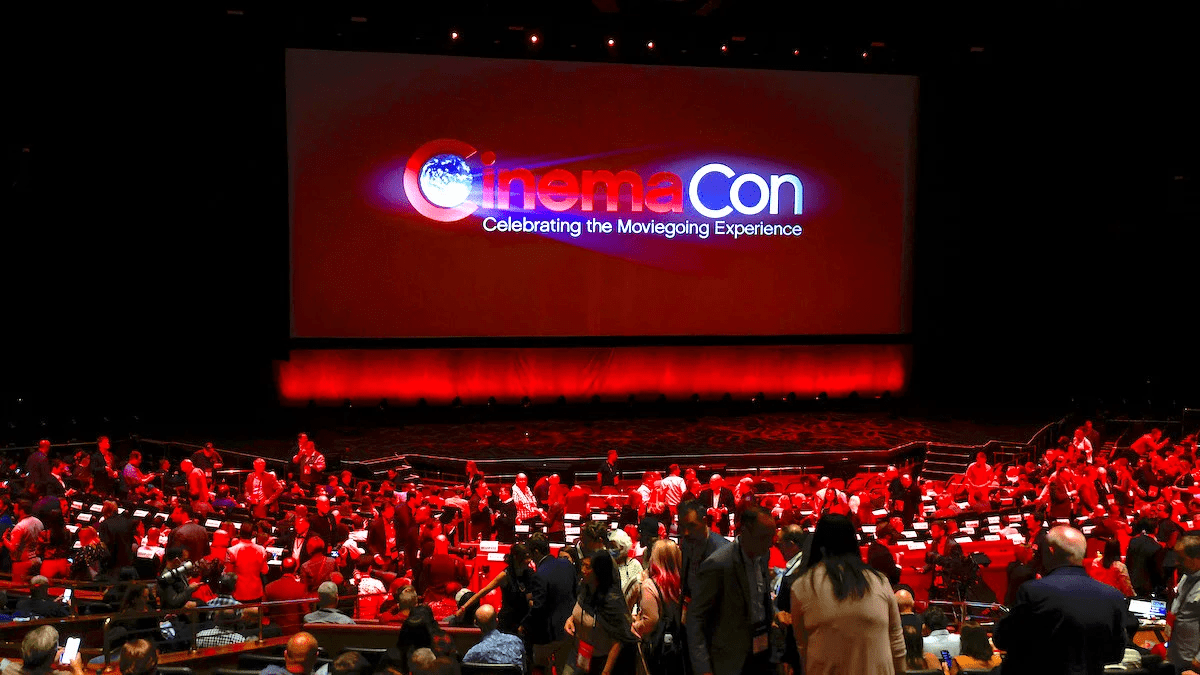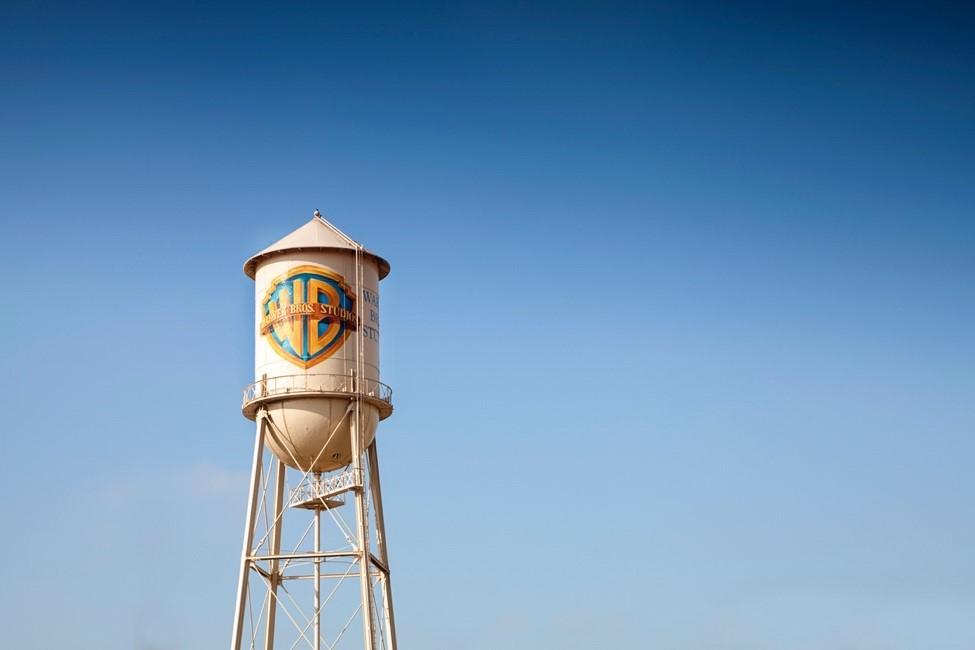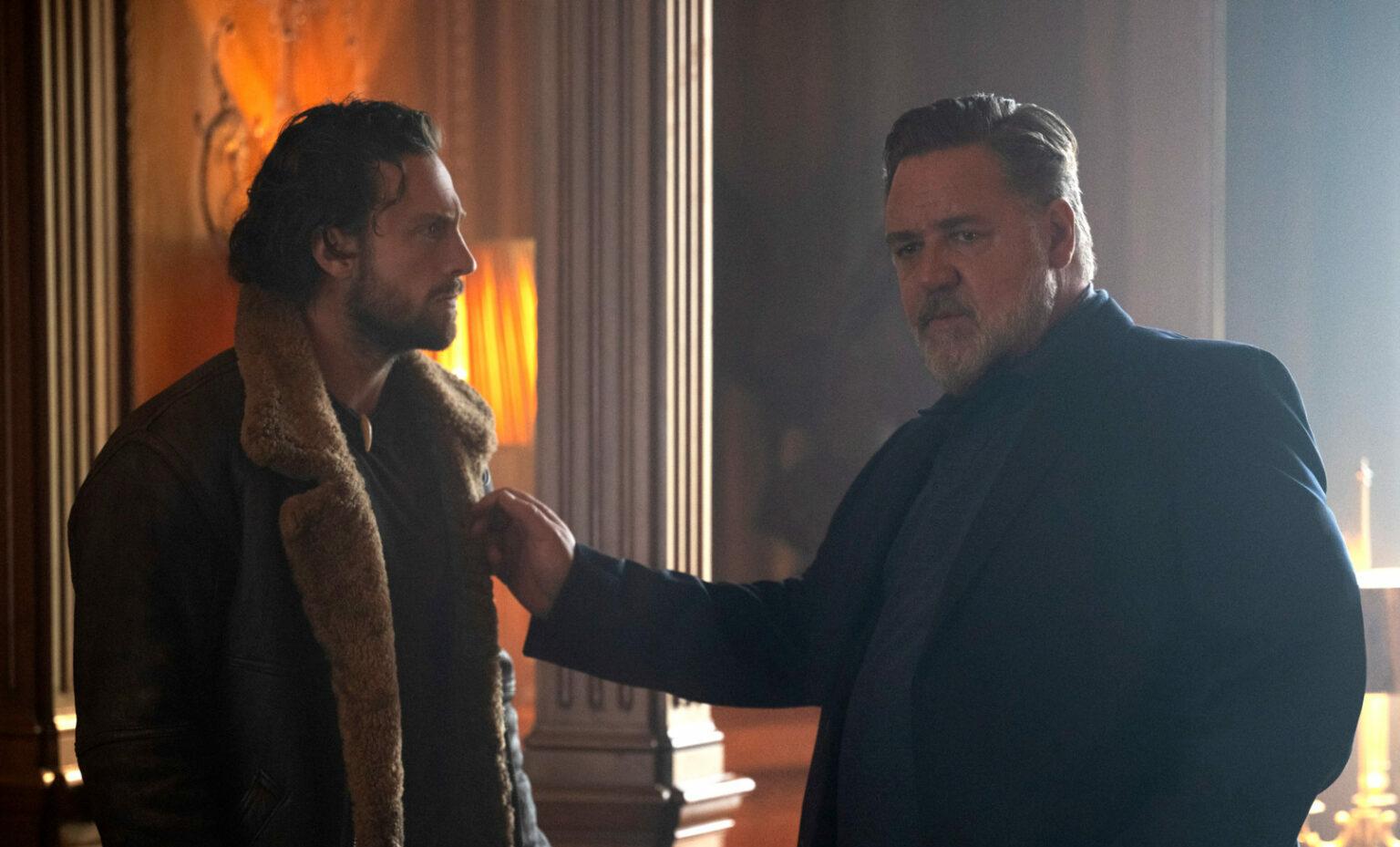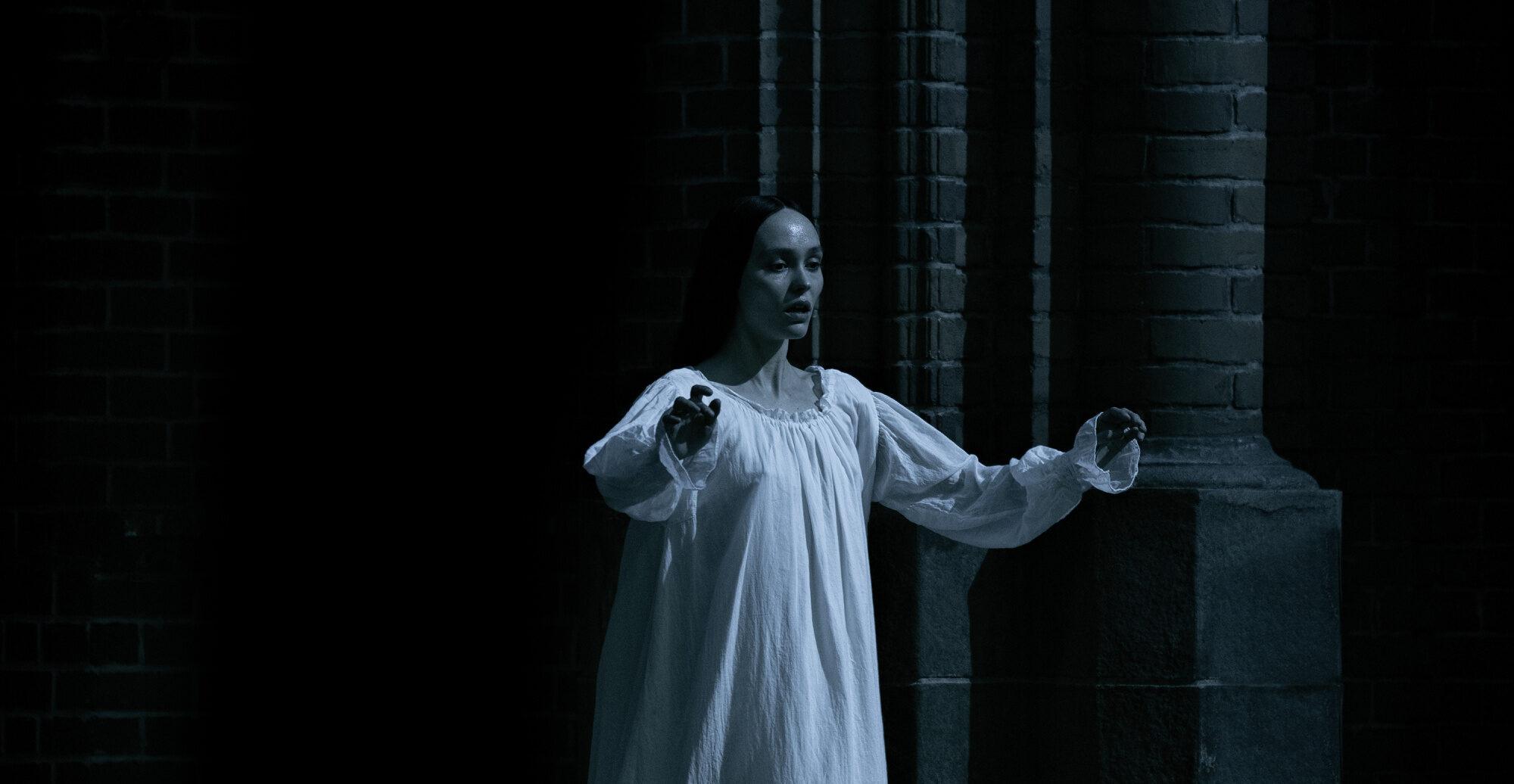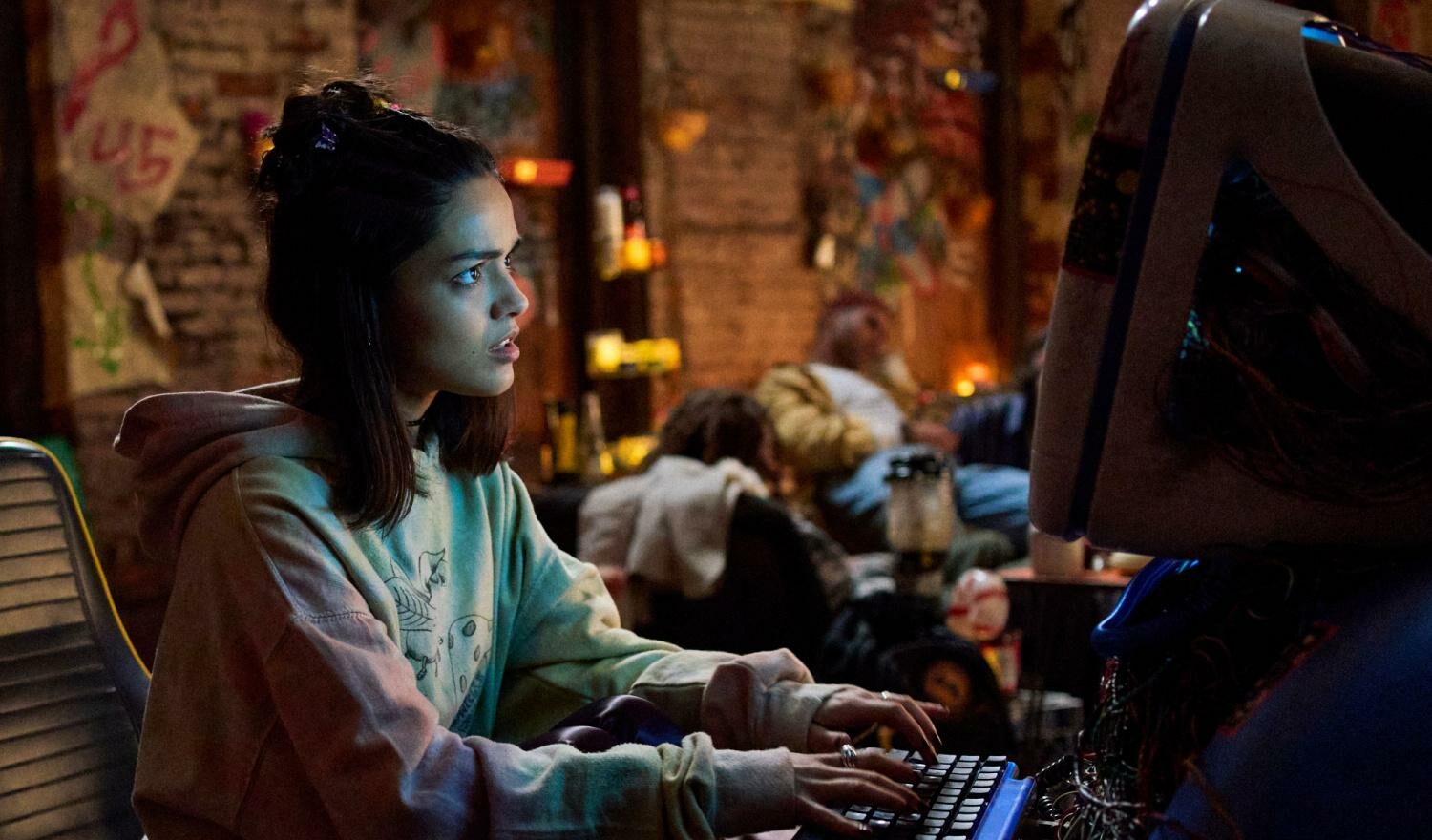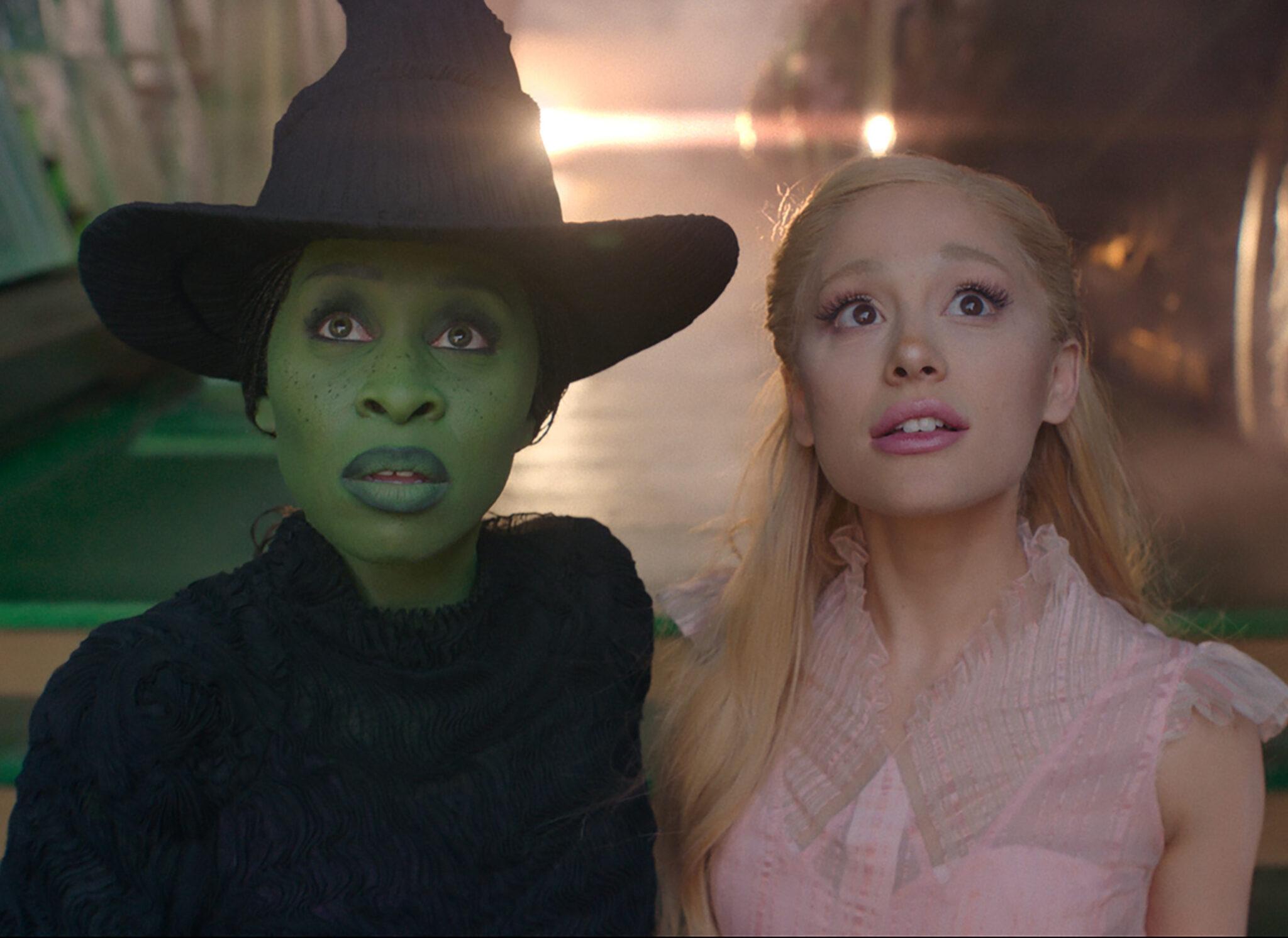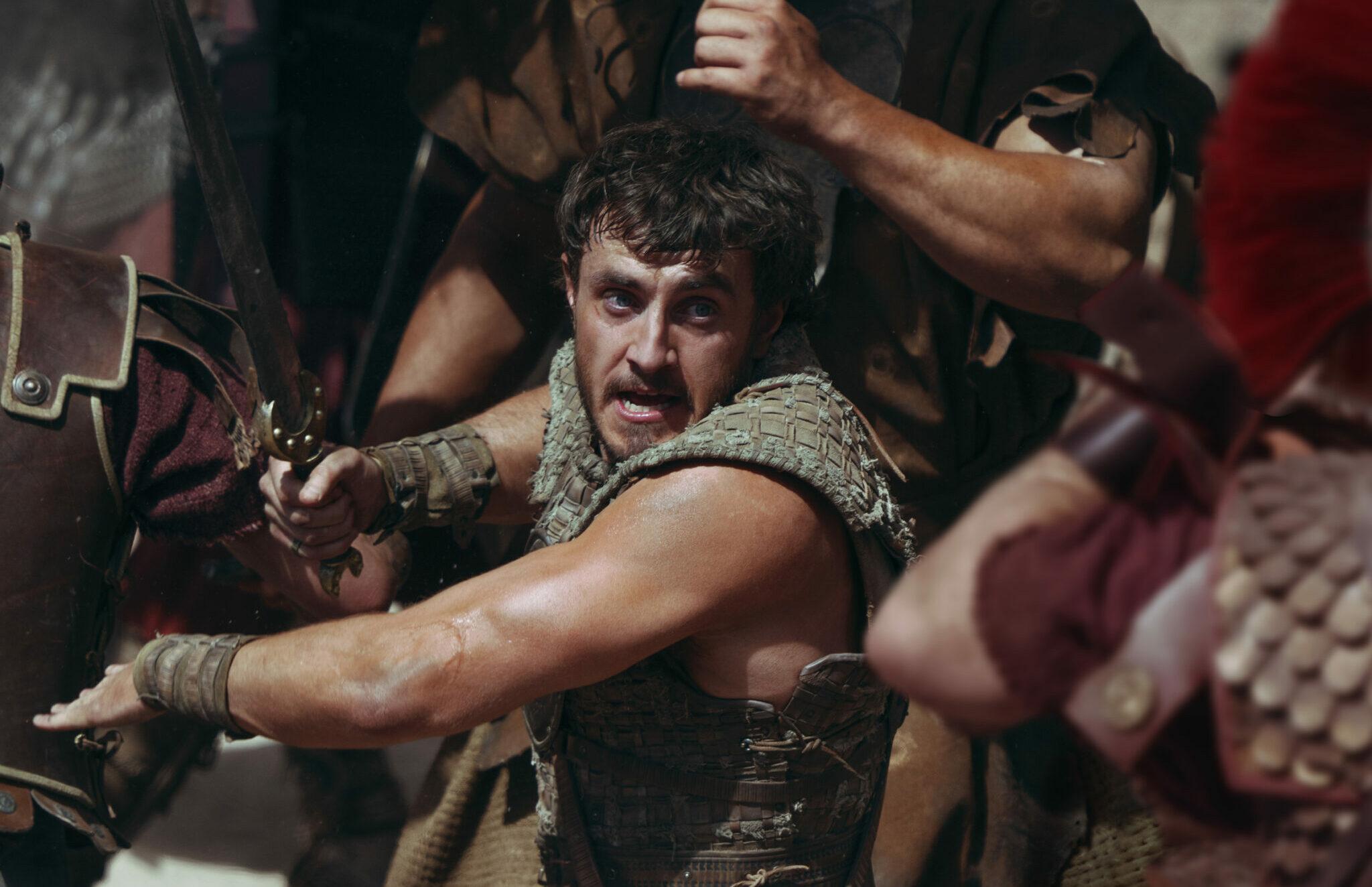VERDICT: Jason Reitman’s print-the-legend look behind the scenes of the birth of a legendary comedy TV fixture succeeds on its breathless “let’s put on a show” energy.
In the theater world, it’s a well-known fact that the rise of the curtain can kick off a kind of adrenaline-endorphin response that blots out anything that’s happening inside actors’ minds and bodies, let alone what’s going on outside the theater. As a character notes of Margo Channing in All About Eve, “If she can walk, crawl, or roll, she plays.”
That physiological release of nervous energy and tension is the motor of Saturday Night, Jason Reitman’s exploration of the 90 minutes or so before the October 11, 1975, premiere of the first episode of the sketch show now known as Saturday Night Live. And while Reitman and collaborator Gil Kenan have drafted a zippily entertaining (if not entirely factual) portrait of the chaos behind the scenes of what would eventually become a TV juggernaut, it’s the contributions of editors Nathan Orloff (John Wick: Chapter 4) and Shane Reid (Deadpool & Wolverine) that dominate the proceedings.
As those editors breathlessly weave together the frantic dynamism of the perpetual motion machine that is Eric Steelberg’s camera, the film doggedly follows producer Lorne Michaels (Gabriel LaBelle, The Fabelmans) as he wends his way in and around 30 Rockefeller Center and its environs, trying to wrangle together a 90-minute show that’s about to go live from NBC, a show that he finds himself unable to trim or to structure or even to describe as he faces one obstacle after another.
While the ensuing five decades have turned Michaels into a (publicly, anyway) subdued and soigné elder statesman of television, his 1975 version is portrayed here as something of a human equivalent of Kermit the Frog on The Muppet Show – trying his best to keep all the plates spinning, assuaging the egos of temperamental cast members at odds with each other and themselves, and doing his best to ensure that, come showtime, there will be a show at all.
As Reitman and Kenan portray it, it’s something of a miracle that the first Saturday Night made it to air in the first place: heavy lights are crashing down on the stage, cast members are brawling in the dressing rooms, NBC pages are having a hard time convincing passers-by to come in for a live show late on a Saturday, Michaels’ fellow producer Dick Ebersol (Cooper Hoffman, Licorice Pizza) is hoping to work a live Polaroid ad into the show, host George Carlin (Matthew Rhys) has cocaine-induced lockjaw, and NBC executive Dave Tebet (Willem Dafoe) snarlingly implies to Michaels that this whole production exists merely to pressure Johnny Carson in upcoming contract negotiations.
With so many potential crises underfoot, Saturday Night manages to pass the Apollo 13 sniff test of historical dramas: we know everything’s going to come out all right, but the film nonetheless generates enough suspense to make us think that it might not. That’s where the editing comes into play, generating the kind of elevated heart rates that match how the characters are feeling; in the same way that Paul Thomas Anderson’s occasionally indecipherable Inherent Vice made viewers feel like they had gotten high, Reitman’s film appropriately matches the cocaine energy of the source material.
It’s an occasionally frantic film with an overstuffed cast, but several ensemble members find time to shine, whether it’s Rachel Sennott, playing Rosie Shuster as the reassuring, insightful Polly Platt to Michaels’ overwhelmed Peter Bogdanovich, or J.K. Simmons, whose unctuous turn as Milton Berle represents everything from TV history that SNL was trying to evolve past. (Berle would, in fact, disastrously host during the show’s fourth season.)
The Not Ready for Prime Time Players themselves don’t fully emerge as distinct characters, although Cory Michael Smith nails Chevy Chase’s swaggering arrogance, with Lamorne Morris and Kim Matula carving out some memorable moments as Garrett Morris and Jane Curtin, respectively. If the show’s other original cast members aren’t given their due, at least they’re included; Broadway vet George Coe was part of that first episode’s ensemble, and he’s been erased. (Shout-out to Nicholas Braun who, for whatever reason, got cast as both Andy Kaufman and Jim Henson, nailing both.)
The film’s “let’s put on a [groundbreaking, anarchic, network comedy] show” spirit proves irresistible, particularly for viewers willing to forgive or ignore the real program’s shortcomings over its five decades on the air. Reitman and Kenan have; they’re here to praise Saturday Night Live, not bury it.

